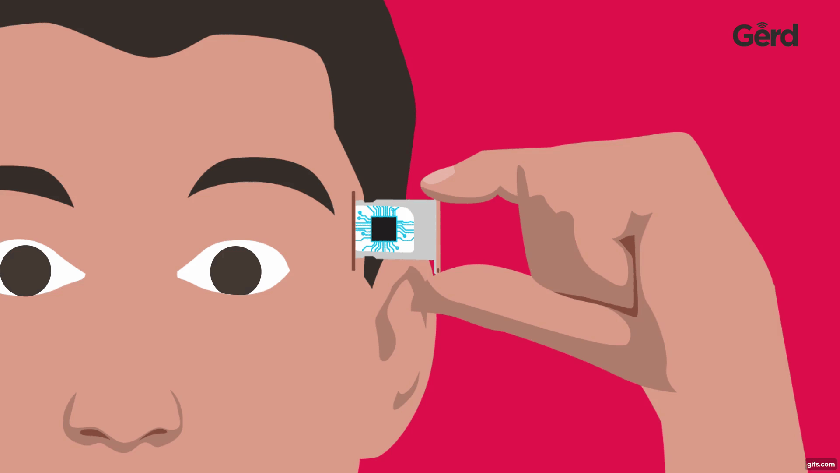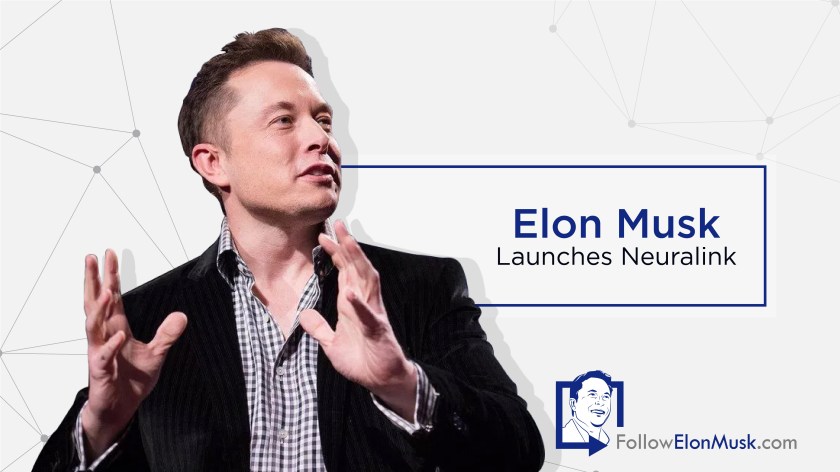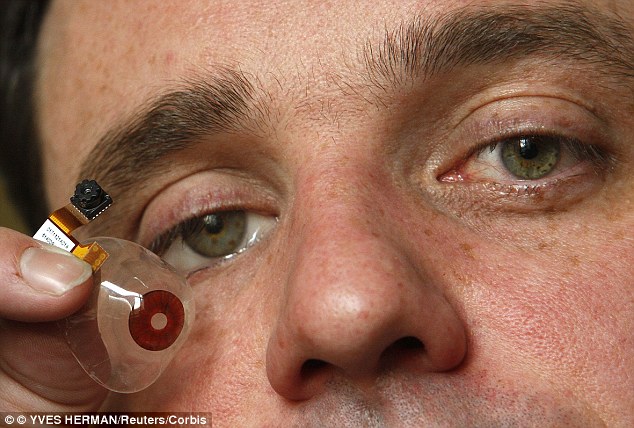Elon Musk wants to link your brain to your computer
Preparing humans for the rise of artificial intelligence


What does the future behold for brain vs. AI technology?
The time has come. It is 2017 and we are trying to connect computer technology innately into our brains, to keep up with robot intelligence. Elon Musk, Tesla and SpaceX CEO, has developed a new company called Neuralink, a brain-computer interface company, that is working on “neural lace” implants, to turn “cloud-based AI into an extension of the human brain”. Yes, you heard it right. The future may hold hyper-intelligent people. Or simply, people with computer technology in their heads. Talk about Netflix, Black Mirror, season 1, episode 3. The time for advanced innovation is now. Wired.com posted an article about Musk’s new and developing company. Musk explains in an interview with Wait But Why, that this new technology will not only allow you to access and understand new information, but also help patients with severe brain injuries caused by stroke, cancer lesion, epilepsy and others, repair cognitive function, in the next four years. He says that with the help of brain implants directly linked to computers, humans may be able to improve their brain function, or even one day download their thoughts, or upload the thinking of others onto a computer. Yes, it sounds like something straight out of a sci-fi movie, doesn’t it? But, it is in the process of development. This micron-sized device is expected to keep humans on the same playing field as advancing artificial intelligence.
Currently, there are implants out there that link to the neurons in our brain, strictly used for those with disabilities. So, this isn’t too far off the radar. There are people with pacemakers in their chest, those with wired neuron technology to link prosthetic limbs to touch senses, and so forth. Musk predicts that neural lace could take about eight to 10 years to become usable by people without disabilities and would still then have to be approved for safe implantation. It also depends on how well the devices worked on those people with disabilities. The wired article delves deeper into this idea of “transhumanism”, the enhancement of humanity’s capabilities through science and technology. They discuss the living reality of many people, today, who already have technology within them. A very interesting example that was given, was of documentary-maker, Rob Spence, who replaced one of his own eyes with a video camera in 2008. Talk about crazy! Can you imagine what that looks like, let alone, feels like?


According to wired.com, Elon Musk said, earlier this year, at a conference in Dubai, that the science behind neural lace is “mostly about the bandwidth, the speed of the connection between your brain and the digital version of yourself, particularly output.” He says that we already have a digital and physical version of ourselves. One that we see physically and the online version of ourselves that we display through email and social media. But the real question that no one seems to be asking is, “How much will this thing cost?”

CNBC said it best in their article, How Elon Musk’s Neuralink could end up hurting average Americans, the “one question Musk hasn’t answered (and in fairness, it may not be his responsibility to answer) is who will have the privilege of getting a neural lace?” Prices have not yet been released, but it can go without saying that Elon Musk’s neural lace transplant probably won’t be covered by your typical insurance plan. In other words, it looks as if this will be a rich persons advantage.
It reminds me of the movie “Repo Man”. If neural lace is to be offered to the middle and lower class, can/will it be in the form of monthly or yearly payments? And what if you don’t make that payment? What is the penalty? Will they take away your implant forcefully like they do when repossessing your TV’s, couches, or cars? If you don’t pay up will you have to fear for your life? The way people are attached to HANDHELD technology now, you can only imagine how attached they will be to something that enhances cognitive function, and allows you to download memory. They’ll feel “less” of a person if they don’t have it. Imagine saying in ten years time, “Hey man, did you get the new neural lace update?” and your friend responds, “Aww, no. Maybe that’s why my eyes been twitching all day”.



